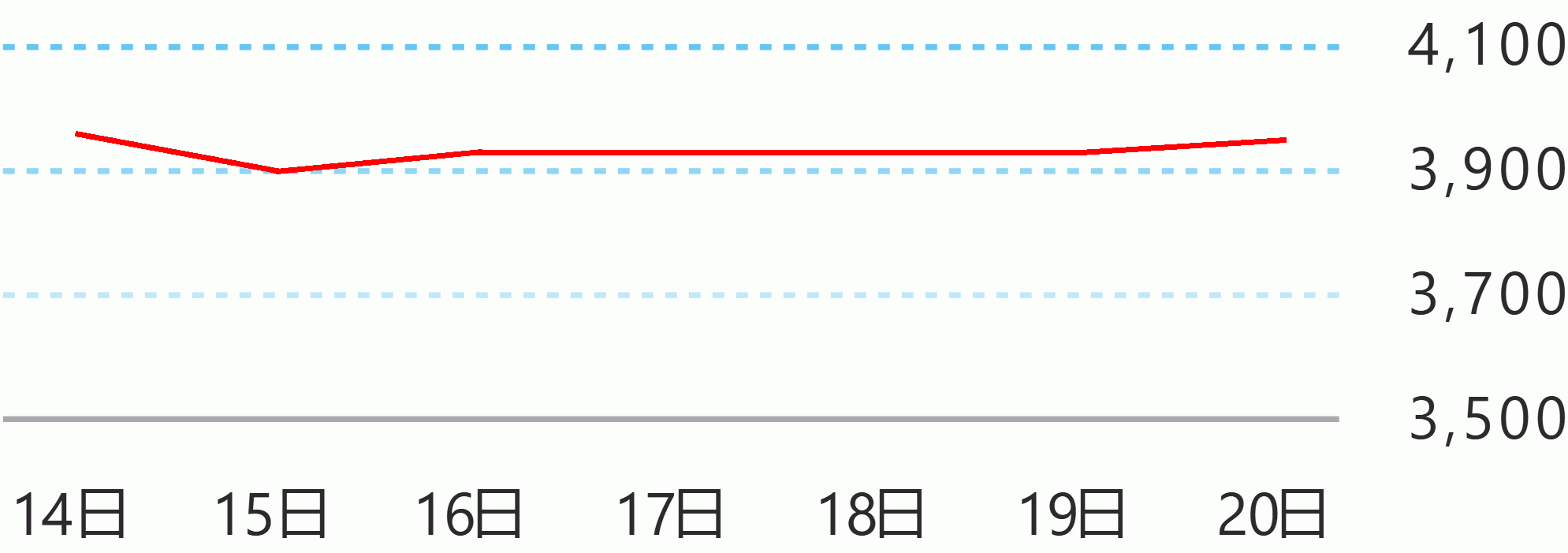The Japan International Cooperation Agency (JICA) declares commitment in its partnership with the Department of Health (DOH), Department of Agriculture ? Bureau of Animal Industries (DA-BAI), Research Institute for Tropical Medicine (RITM) and local government units (LGUs) in efforts to help eradicate rabies disease in the Philippines.
Through JICA’s cooperation for joint research project “Establishment of the One Health Prevention and Network Treatment Model for the Elimination of Rabies in the Philippines (JAPOHR)”, JICA has been sharing Japanese knowledge and innovations with the Philippines to enhance testing and treatment, as well as public awareness on rabies.
Government data showed that as many as 300 people die from rabies each year in the Philippines. Yet, the rabies disease is highly preventable.
“Rabies is a public health burden that has a fatality of 100%. However, this is also preventable. In fact, Japan eradicated the disease more than 60 years ago, and we have knowhow how to prevent. So, JICA is working with its partners, LGUs and different stakeholders to eradicate this fatal disease. This way, we can help promote a better quality of life for many Filipinos by helping address this public health challenges,” said JICA Senior Representative Yanagiuchi Masanari.
The JAPOHR project, which began in 2018, has already introduced several initiatives to eradicate rabies in Region 3, where the disease is most prevalent according to the National Rabies Prevention and Control Program report in 2018.
The project has supported disease surveillance through an Immunochromatographic test (ICT) kit and Rabies Data Share System (RaDSS) to several Regional Animal Disease Diagnostic Laboratories (RADDLs) in the Philippines in partnership with the DA-BAI.
These test kits can diagnose rabies effectively in 20 to 30 minutes compared to traditional two to three hours. The project developed these test kits with Japan’s Oita University and Japanese pharmaceutical firm ADTEC.
The project also launched a Rabies Data Share System (RaDSS) for contact tracing and vaccinations of animals.
JICA also trained doctors and related health workers on the use of rabies test kits and RaDSS concluded in Regions 3, 4, 7, and 11. Recently, the project conducted a two-day training on rabies lateral flow device diagnosis, straw brain sampling methods, rabies data share system and rabies one-health rapid response.
In terms of awareness raising, JAPOHR also launched an online campaign on rabies awareness with Japanese social media influencer Fumiya Sankai.
This year, Oita University through JAPOHR also donated a pet crematorium in Guiguinto and Bulacan, the first of its kind in the Philippines.
“We highlight the importance of One Health coordination to be successful in the fight against rabies. We are grateful for the support of JICA through the JAPOHR project as they have supported our national rabies prevention and control program through the support in surveillance and push for a one health coordination,” said Paul Limson, OIC-Director of the DA-BAI.
JICA’s commitment to reduce human deaths from rabies is anchored on the bilateral aid agency’s support to promote sustainable, inclusive, and resilient growth in the Philippines.
For several decades, JICA has leveraged Japanese expertise in its numerous development assistance to the country anchored on sustainable growth, overcoming vulnerability, and Mindanao peace and development. JICA Philippines





 English
English










